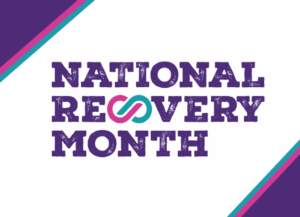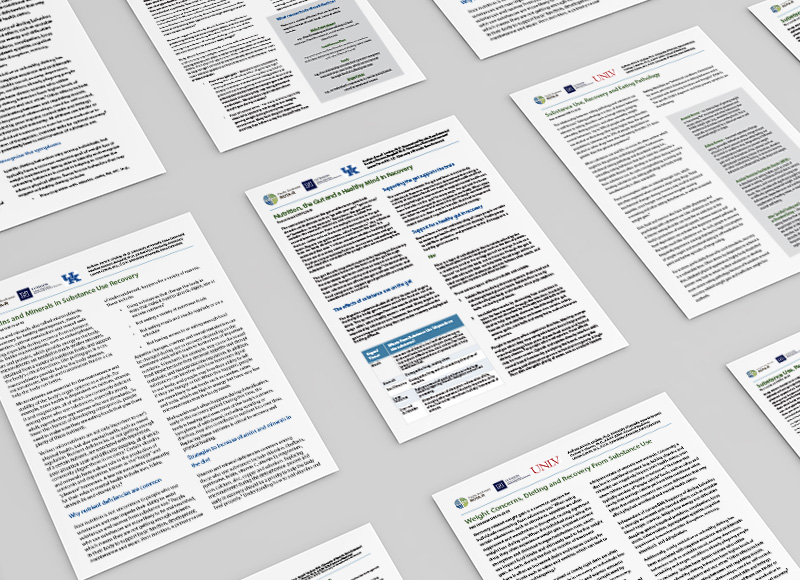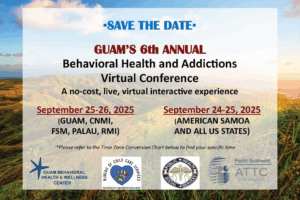Body dissatisfaction, defined as having negative thoughts or feelings about one’s physical appearance, arises from a perceived gap between one’s actual and ideal body image. Influenced by cultural values and appearance ideals, individuals may internalize these ideals, particularly the thin ideal in Western cultures, leading to behaviors aimed at achieving these standards. This thin-ideal internalization often results in body dissatisfaction, driving dieting and extreme measures to improve appearance. Research indicates that body dissatisfaction is a significant predictor of dieting behavior, negative effects, and the development and maintenance of eating disorders, making it one of the strongest predictors of eating pathology.




